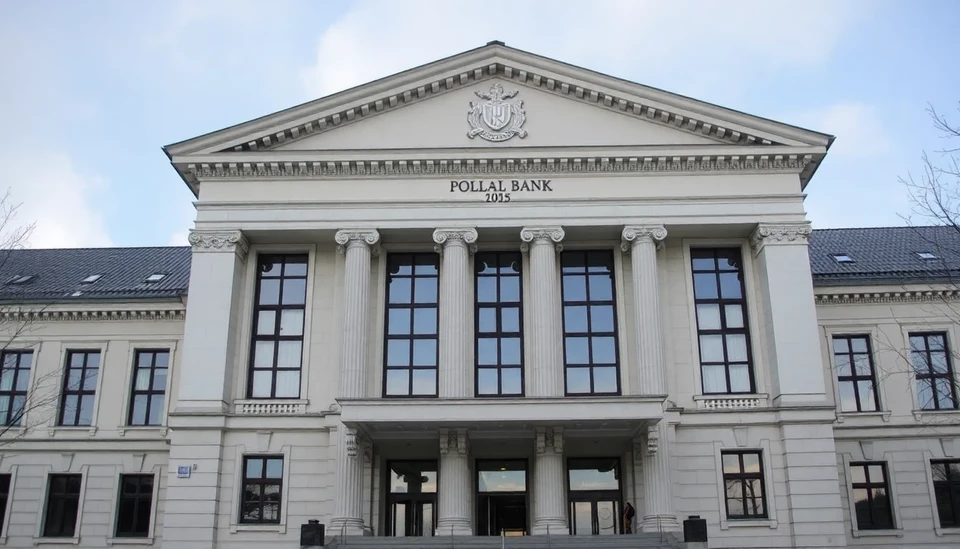
Poland's leadership has emphasized the critical role of private savings in bolstering the nation’s capital market, highlighting new initiatives aimed at channeling these funds into investment opportunities. This strategic move is designed to enhance the country’s overall economic growth and resilience against global financial uncertainties.
In a recent statement, Poland's financial authorities outlined plans to better integrate private savings into the capital markets, asserting that a strong capital market is fundamental for sustaining economic development. By promoting investment in local enterprises and infrastructure projects, Poland aims to stimulate job creation and elevate the country’s standing in the global economic landscape.
The call for harnessing private savings comes as part of a broader initiative to diversify funding sources for various sectors. This is especially pertinent given the backdrop of fluctuating international markets which can often pose threats to domestic financial stability. By encouraging citizens to invest their savings, Poland hopes to reduce reliance on foreign capital and strengthen the autonomy of its economy.
Government officials revealed that recent discussions have led to potential legislative changes aimed at incentivizing private investments. These may include tax breaks for individuals who choose to invest in local businesses or funds dedicated to Polish startups. Additionally, educational campaigns are being planned to empower citizens with the knowledge and tools necessary to make informed investment decisions.
Experts believe that fostering a culture of investment could significantly benefit households by not only providing them with better returns on their savings but also involving them directly in the economic growth of their country. By tapping into private savings, Poland can ensure a more sustainable economic model that prioritizes local input and stakeholder engagement.
The timing for such initiatives is critical as Poland grapples with challenges posed by the shifting dynamics of global trade. As competition intensifies, the need for an agile and robust capital market has never been more apparent. This move is seen as a proactive step to safeguard the economy against external shocks and to promote resilience in the face of global financial challenges.
Moreover, as Poland navigates its post-pandemic recovery, increasing private investment is expected to spur growth across various sectors, including technology, green energy, and local manufacturing. This multi-faceted strategy could potentially unlock new avenues for innovation and support the government’s long-term economic ambitions.
The Polish government is keen to solicit feedback from both the financial sector and the general public as it finalizes these plans. There are hopes that constructive dialogue will not only enhance investor confidence but will also create a transparent investment framework that attracts more private funds into the market.
In conclusion, by advocating for an increased flow of private savings into the capital market, Poland is signaling its commitment to fostering a more inclusive and resilient economic environment. As such initiatives develop, they will be closely monitored to measure their impact on both private investment behavior and broader economic outputs.
Hashtags:
#Poland #CapitalMarkets #PrivateSavings #EconomicGrowth #InvestmentOpportunities #FinancialStability #PostPandemicRecovery
Author: Daniel Foster




